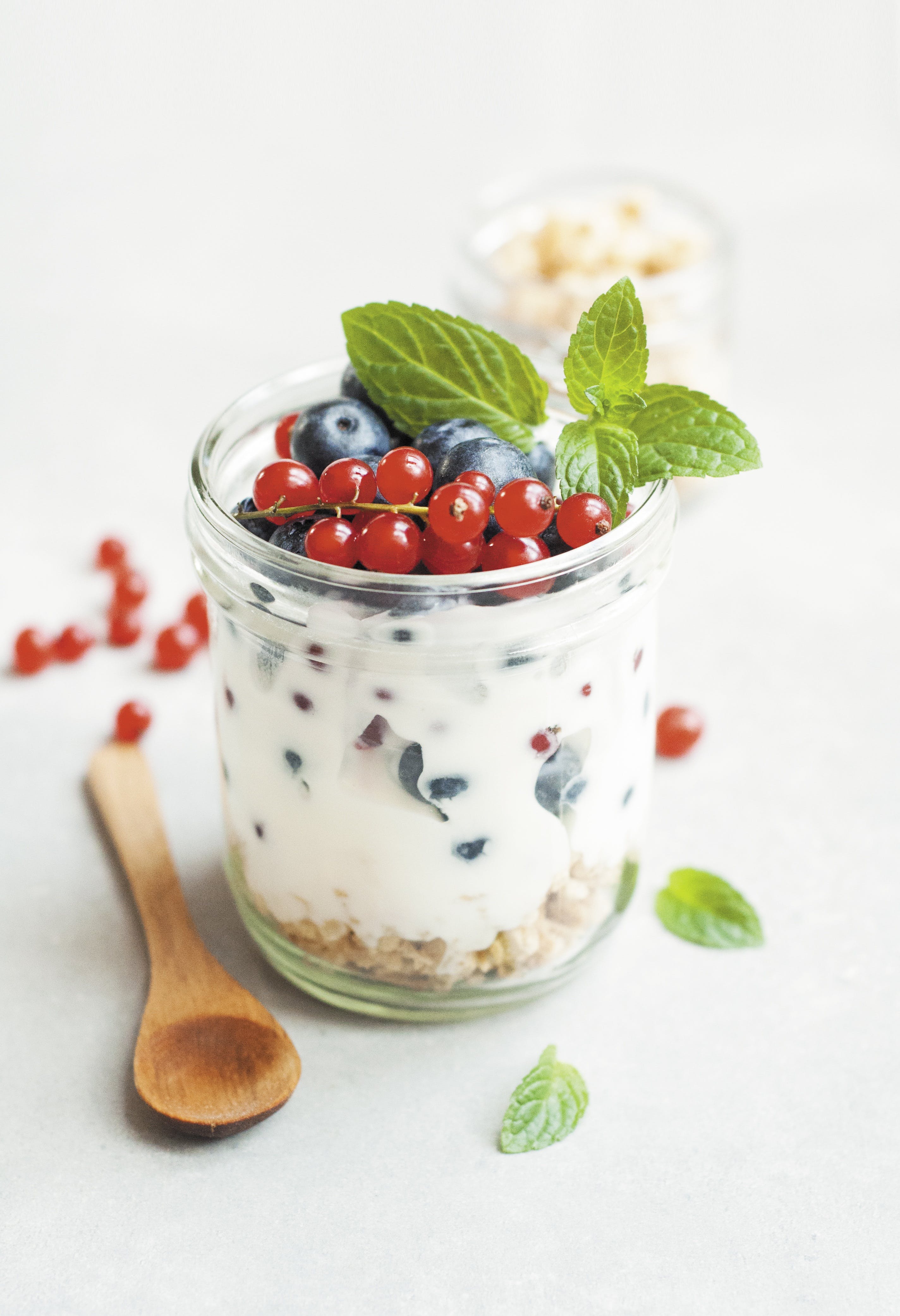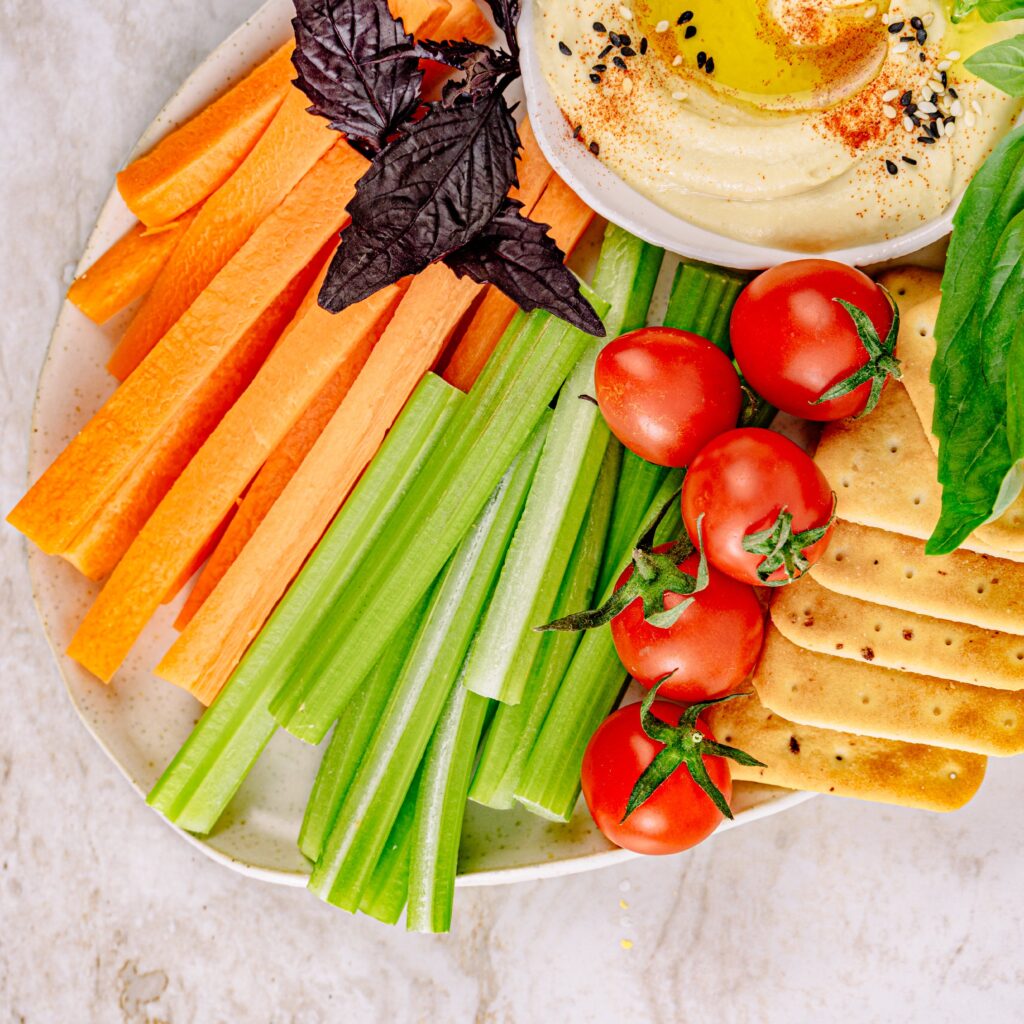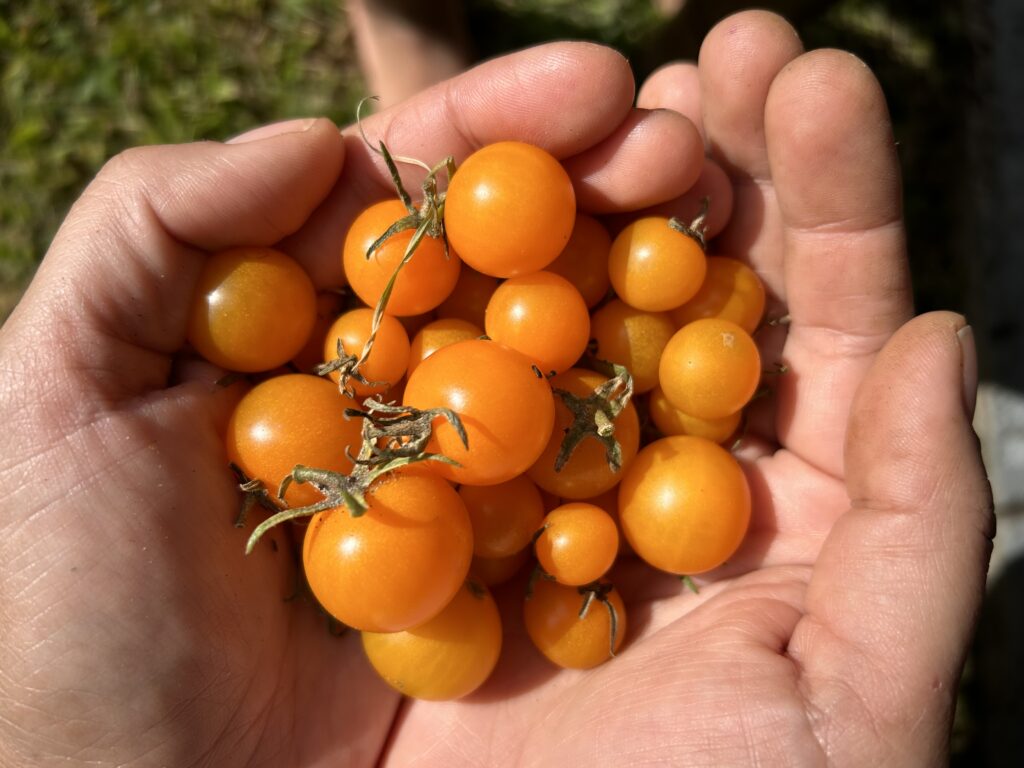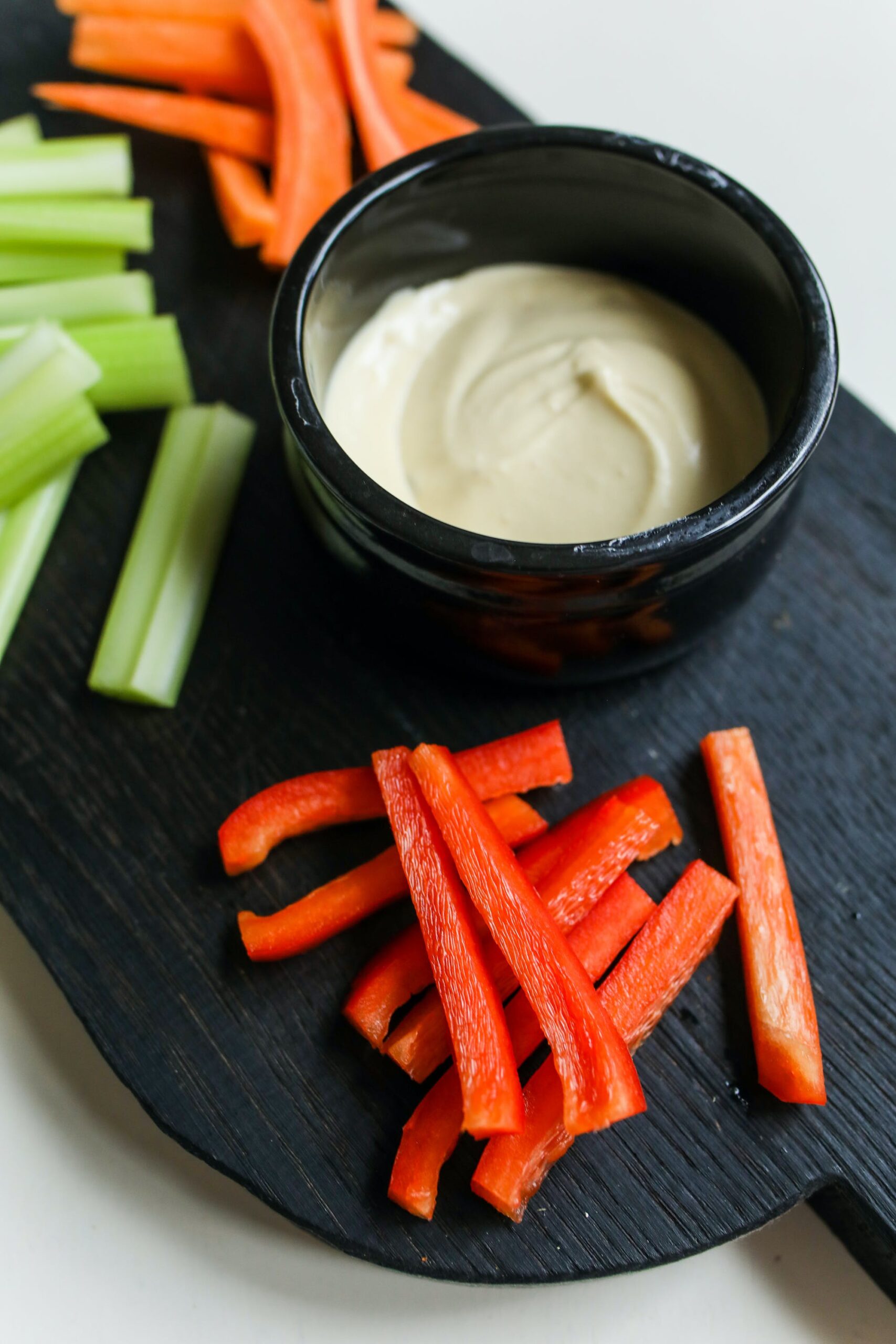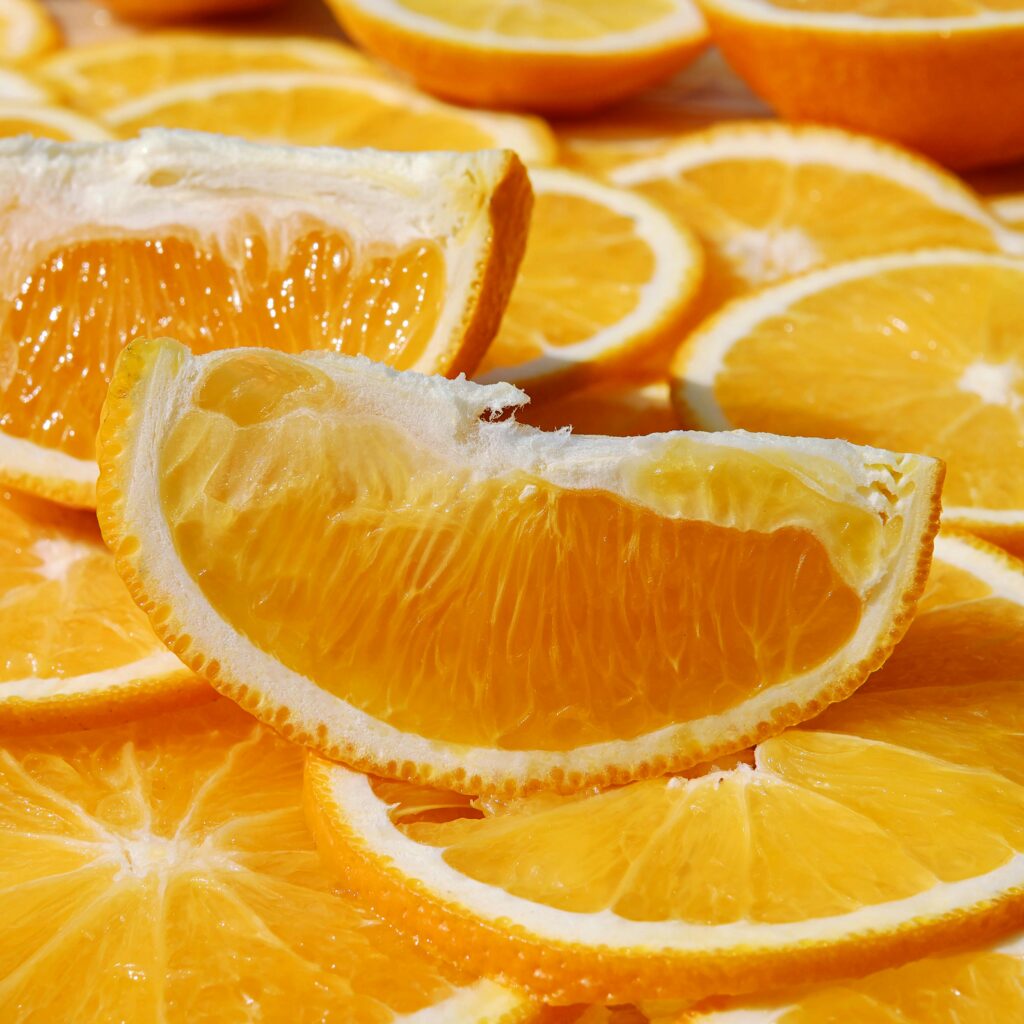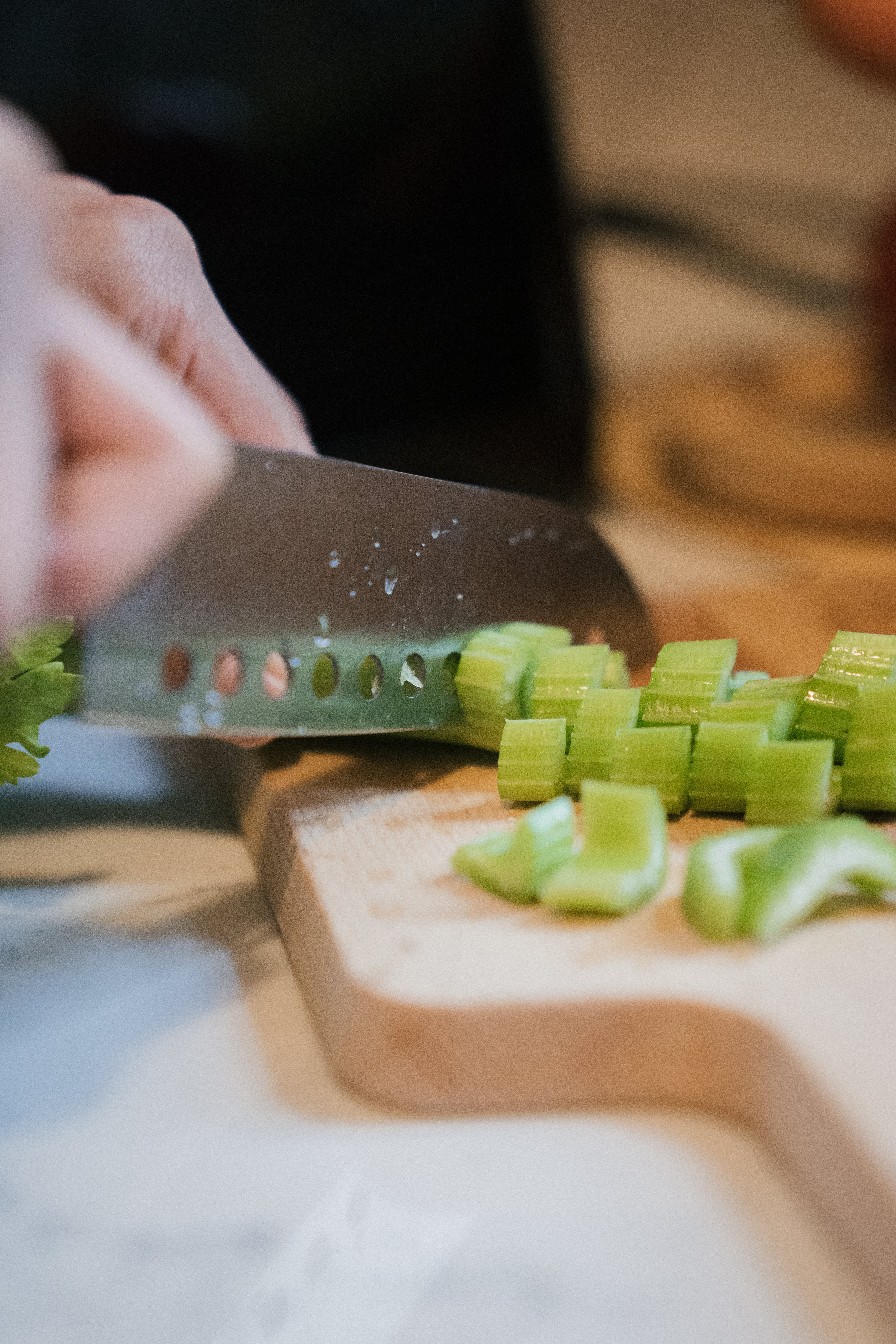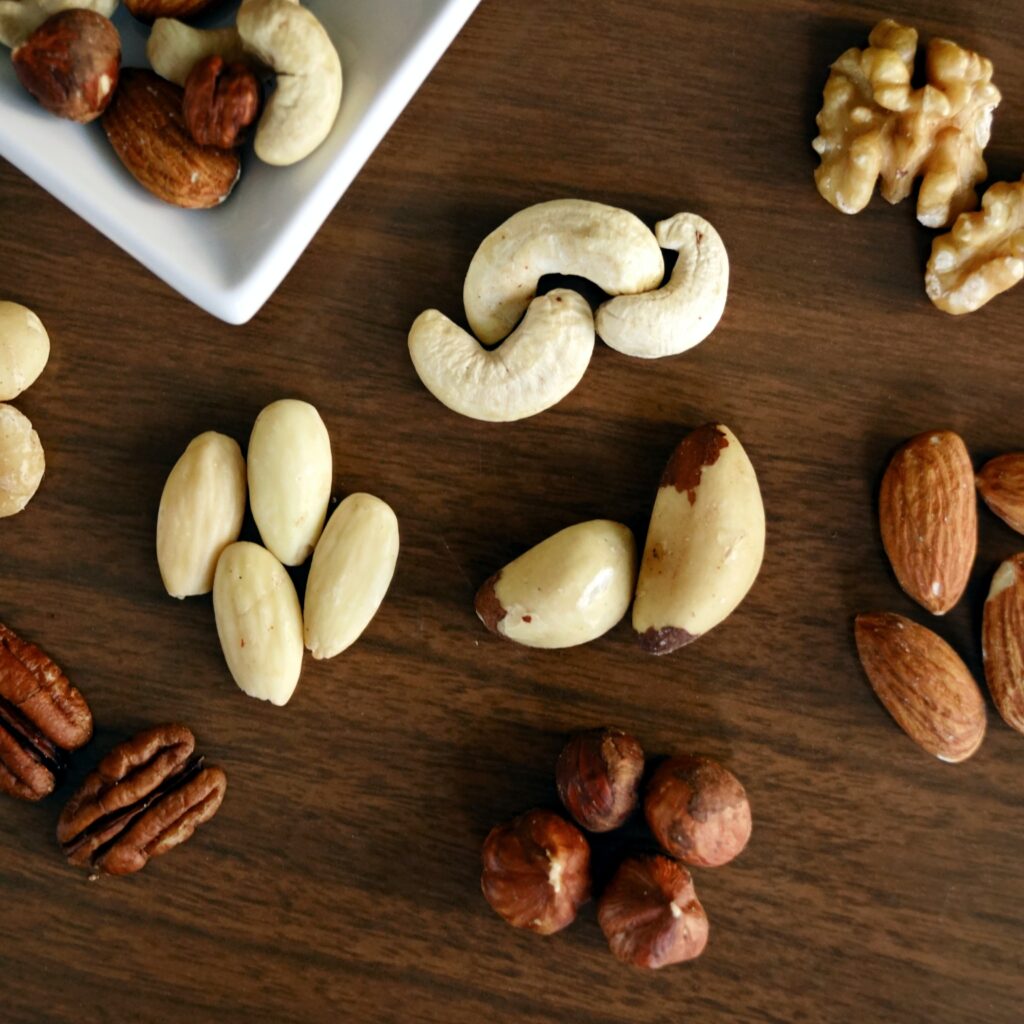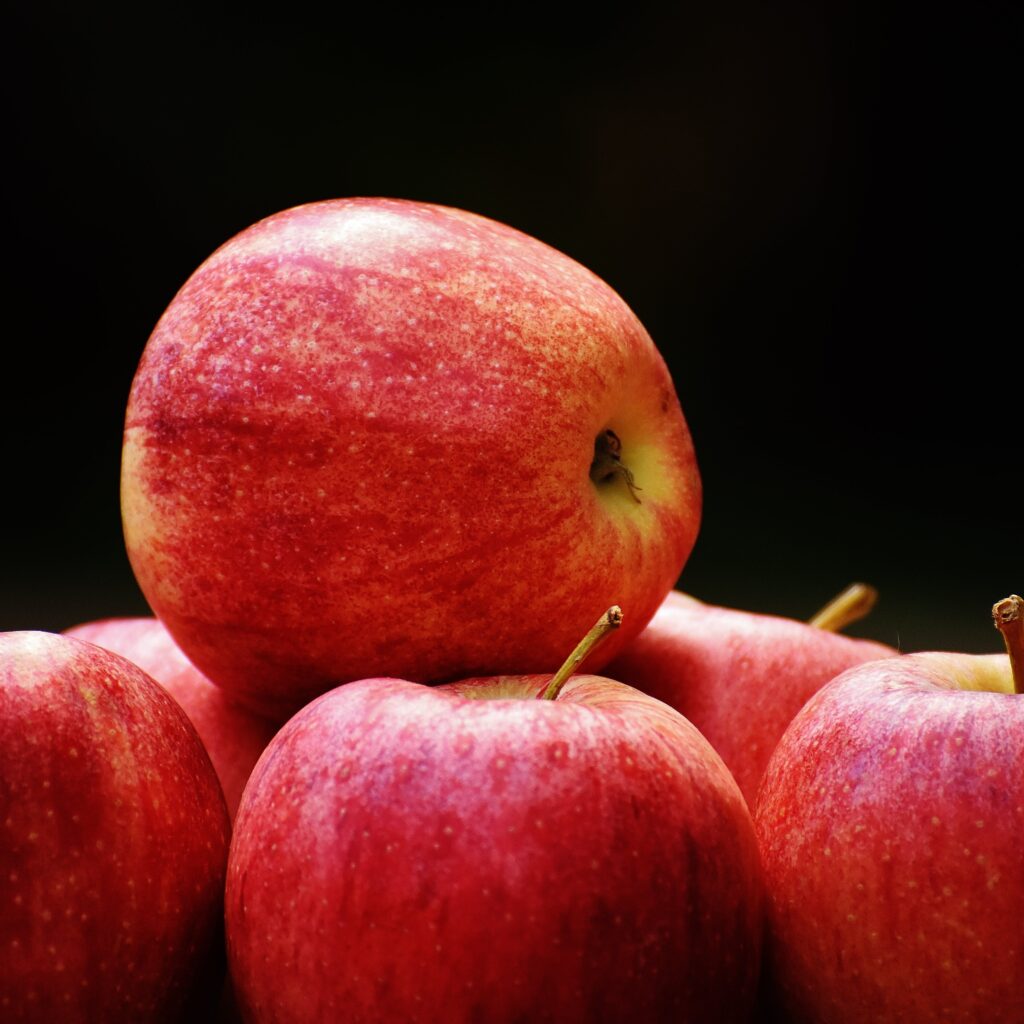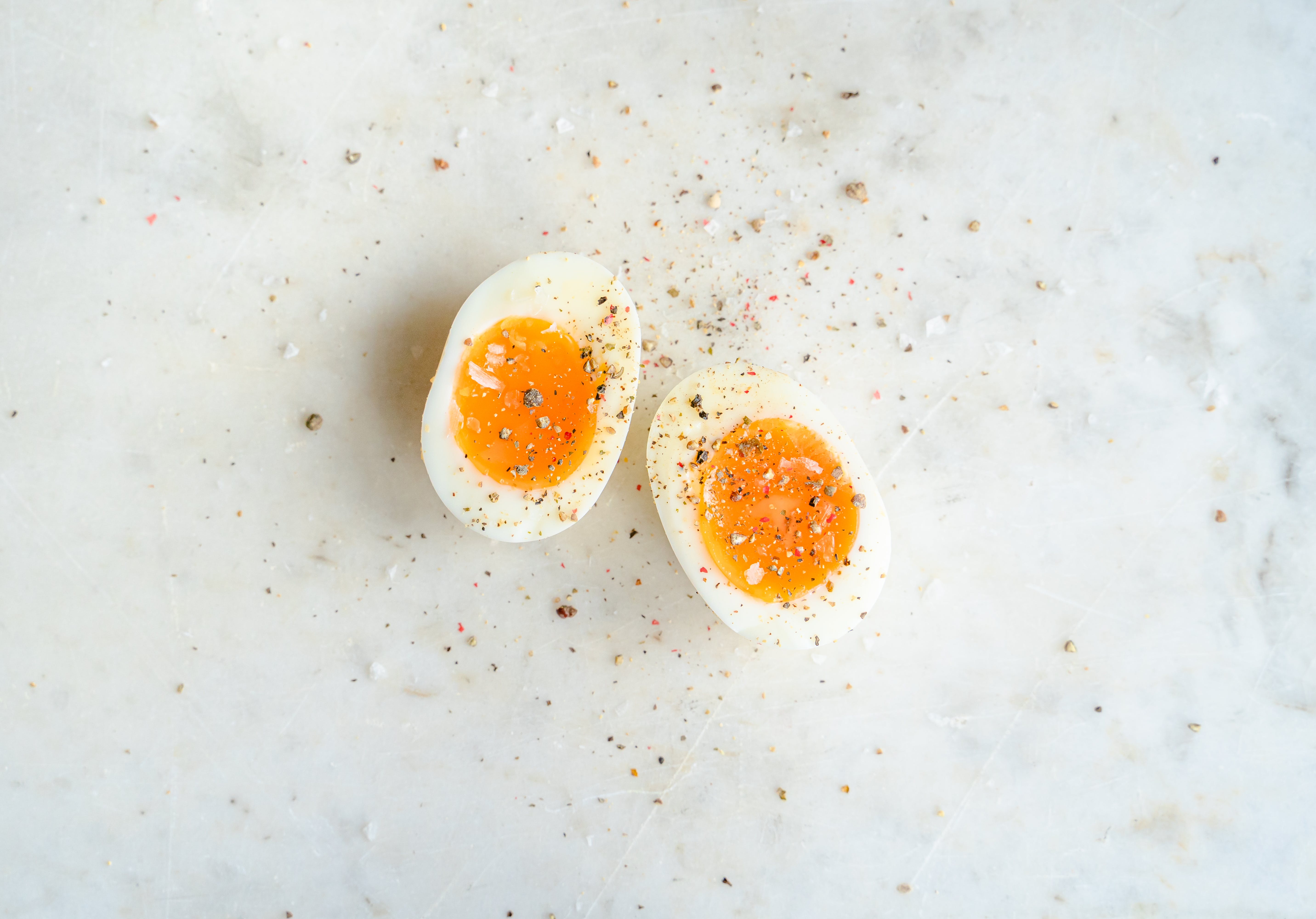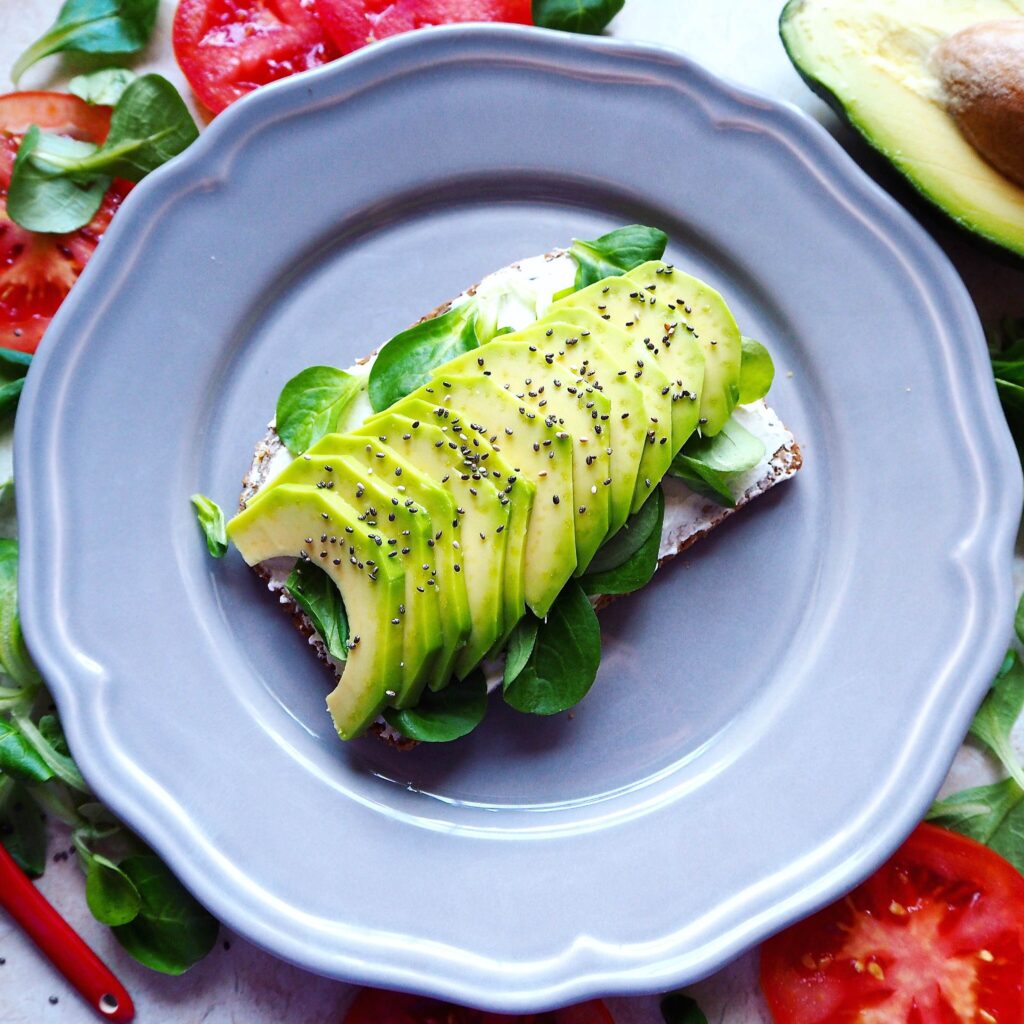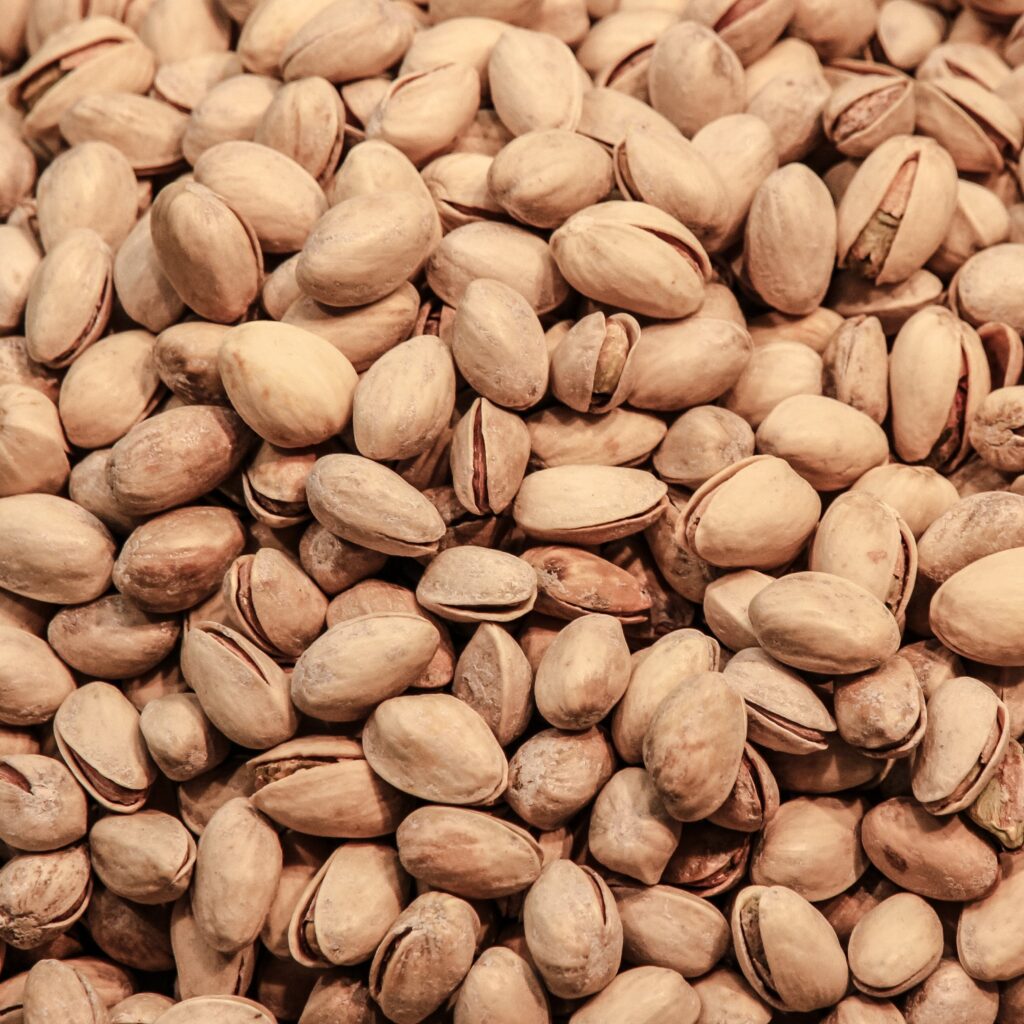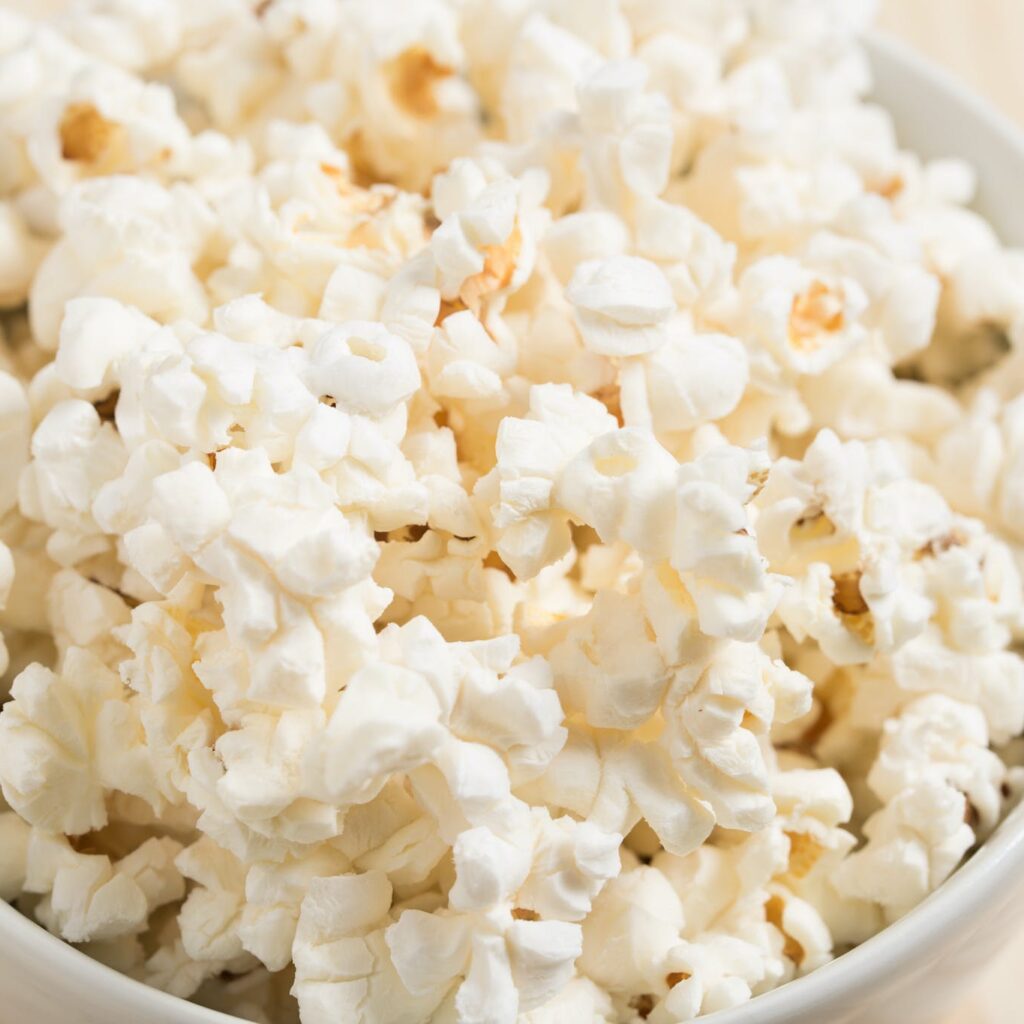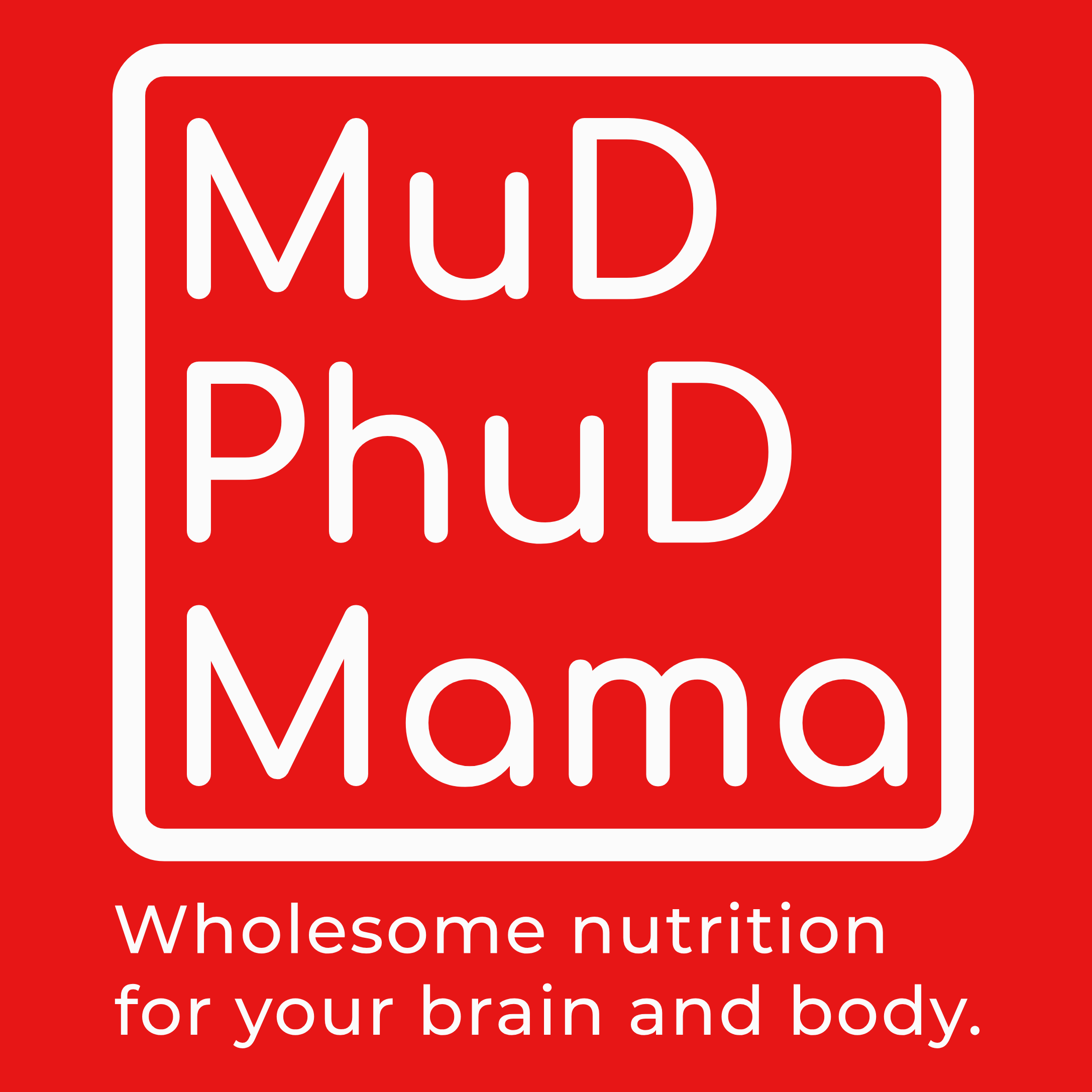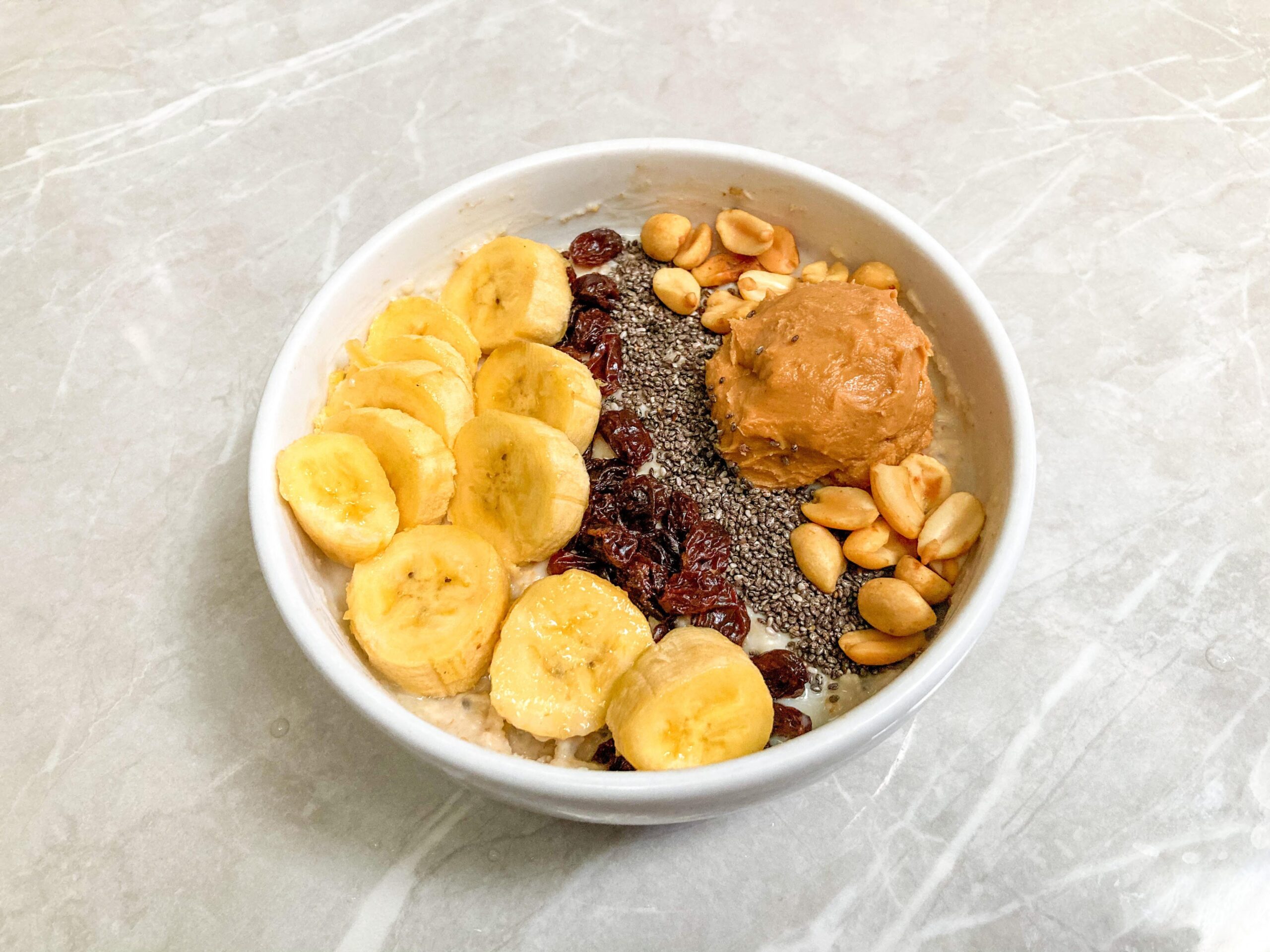
Best Snacks If You Have Diabetes
If you have diabetes you should always try to eat high nutrient-rich snacks (high in fiber, protein and healthy fats) instead of empty calorie snacks. Healthy snacks keep you feeling full and feed the healthy bacteria in your gut that keep your gut-brain connection healthy. Avoid snacks that are high in sugar, salt and are highly processed because processing removes nutrients and adds chemicals/artificial substances. This tends to make your blood sugars spike and crave more snacks which eventually becomes a vicious cycle. Processed high sugary/salty snacks usually also have zero nutritional value.
These nutrient rich snacks promote fullness without causing your blood sugar to rise too high:
- Hard boiled eggs: convenient and protein-rich snack. They are low in carbohydrates and provide essential nutrients.
- Plain Yogurt with berries: Choose plain, unsweetened Greek yogurt and add a handful of fresh berries (such as strawberries, blueberries, or raspberries). The combination provides protein, fiber, and antioxidants.
- Almonds/pistachios, any nuts or seeds: A small portion of nuts (almonds, walnuts, or pistachios) or seeds (pumpkin seeds, sunflower seeds) can make a satisfying and heart-healthy snack.
- Hummus (even better with celery/carrots/broccoli/bell peppers/banana chips): healthy food option as it is rich in plant-based protein, fiber, healthy fats, and essential nutrients, contributing to overall well-being when consumed as part of a balanced diet. Its versatility makes it an excellent choice for a nutrient-dense dip, spread, or topping.
- Avocados: rich in heart-healthy monounsaturated fats, provide a good source of fiber, vitamins (such as folate, vitamin K, and vitamin C), and minerals, supporting cardiovascular health, digestion, and overall well-being. Additionally, avocados contain antioxidants that may have anti-inflammatory effects and contribute to various aspects of health, including skin health and immune function.
- Sliced apples with peanut butter: The fiber in the apple and the protein in the peanut butter make it a satisfying choice.
- Cottage cheese: Good source of protein.
- Whole grain crackers: Not the highly processed kind, whole grain crackers provide complex carbohydrates, dietary fiber, and essential nutrients. Whole grains support digestive health, helps regulate blood sugar levels, and provide sustained energy.
- Home made popcorn: When prepared without excessive butter or unhealthy additives, popcorn is a whole grain that is rich in fiber and low in calories. It provides a satisfying and nutritious option, offering dietary fiber for digestive health and a source of antioxidants.
- Trail mix: can be a healthy and convenient snack when consumed in moderation. The combination of nuts, seeds, and dried fruits provides a mix of healthy fats, protein, fiber, vitamins, and minerals. However, portion control is essential due to the calorie density of nuts and the added sugars that can be present in some commercial trail mixes.
- Edamame: These young soybeans are rich in plant-based protein, fiber, vitamins (such as folate and vitamin K), and minerals. Edamame is a nutritious snack or addition to meals, offering health benefits associated with heart health, digestion, and overall nutrient intake.
- Bananas (with nut butter): Bananas provide natural sugars, fiber, and essential nutrients, while peanut butter contributes healthy fats, protein, and additional nutrients. Together, they create a balanced combination that can offer sustained energy, promote satiety, and provide various health benefits, such as supporting heart health and providing essential vitamins and minerals.
- Dark chocolate in moderation: can be considered a healthy food when consumed in moderation. It contains antioxidants, particularly flavonoids, which have been associated with various health benefits, including improved heart health. Additionally, dark chocolate may contribute to better mood and cognitive function, and it contains minerals such as iron, magnesium, and zinc. However, it’s important to choose dark chocolate with a high cocoa content (70% or higher), as this generally means it has more antioxidants and less added sugar.
- Fruit (with the skin if itʻs edible): consuming fruits with their skin can be a healthy choice as the skin often contains additional nutrients, fiber, and antioxidants. For example, in apples and pears, a significant amount of fiber is found in the skin. However, it’s important to wash fruits thoroughly to remove any potential pesticides or contaminants before eating.
- Flaxseeds: Flaxseeds are high in essential nutrients such as omega-3 fatty acids (alpha-linolenic acid), lignans (plant compounds with antioxidant properties), and fiber. These are great for mixing in with your yogurt, oatmeal or smoothies. I add them to my kid’s homemade waffles recipe. Adding flaxseed to your diet can be a simple way to boost your intake of essential nutrients and even lower blood sugar levels because studies have shown flaxseeds improve insulin sensitivity!
- Chia Seeds: Chia seeds also help stabilize blood sugar levels due to their high fiber and protein content. They slow down the absorption of sugar in the bloodstream! Despite their small size, chia seeds are packed with nutrients such as fiber, protein, healthy fats (omega-3 fatty acids), calcium, phosphorus, vitamins, minerals and they are loaded with antioxidants.
Useful Links About Snacks
Do you have any other suggestions for healthy snacks? Comment below!
